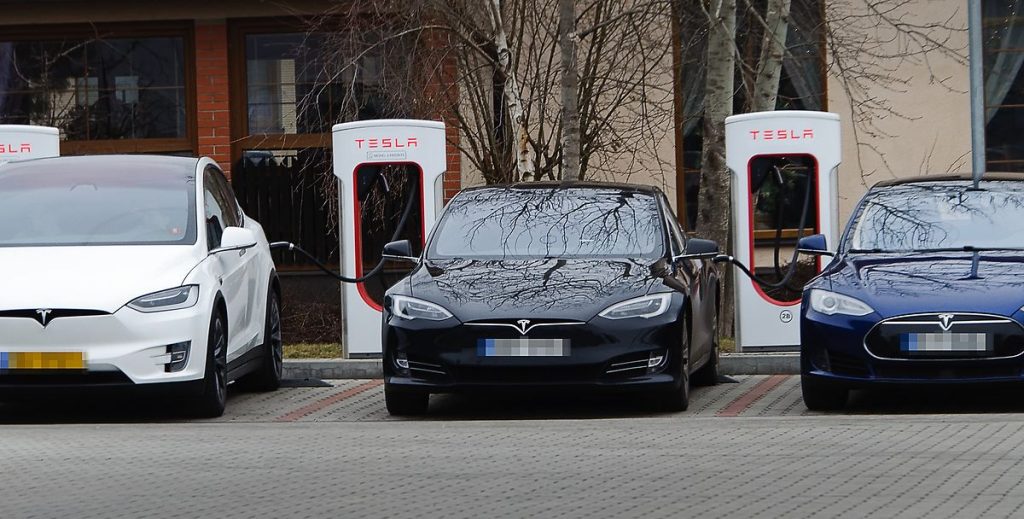In some models, like the Tesla Model Y, the degradation is as low as 1 percent per year.
Others are reading now
New research shows that electric car batteries have a significantly longer lifespan than many previously feared.
A study from the Canadian company Geotab reveals that modern electric vehicle batteries degrade 22 percent slower than older battery technologies.
This is good news for electric vehicle owners and those considering investing in an electric car.
Low Degradation Per Year
According to Geotab, the average annual degradation of battery capacity in electric cars is only 1.8 percent. In some models, like the Tesla Model Y, the degradation is as low as 1 percent per year.
Also read
This means that even after 20 years of driving, an electric car will still have up to 64 percent of its original battery capacity. For a Tesla Model Y, which originally has a range of 600 kilometers, this would mean a remaining range of about 425 kilometers — enough to cover most people’s daily needs, according to Trend.
Cooling and Temperature are Crucial
Temperature and cooling systems play an important role in battery health. Tesla models with liquid cooling systems perform better than cars like the Nissan Leaf, which has air-cooled batteries.
Cars with active cooling degrade more slowly, so it’s important for electric vehicle owners to take precautions, such as parking in the shade and keeping the battery level between 20 and 80 percent.
No Need for Concern
This study emphasizes that concerns about battery lifespan in electric vehicles are exaggerated.
Most modern electric cars come with warranties for 8 years or 160,000 kilometers, but even after this period, the cars can still deliver good performance.
If you’re considering an electric vehicle, you can trust that the battery will last a long time—and leasing is also a good alternative.


